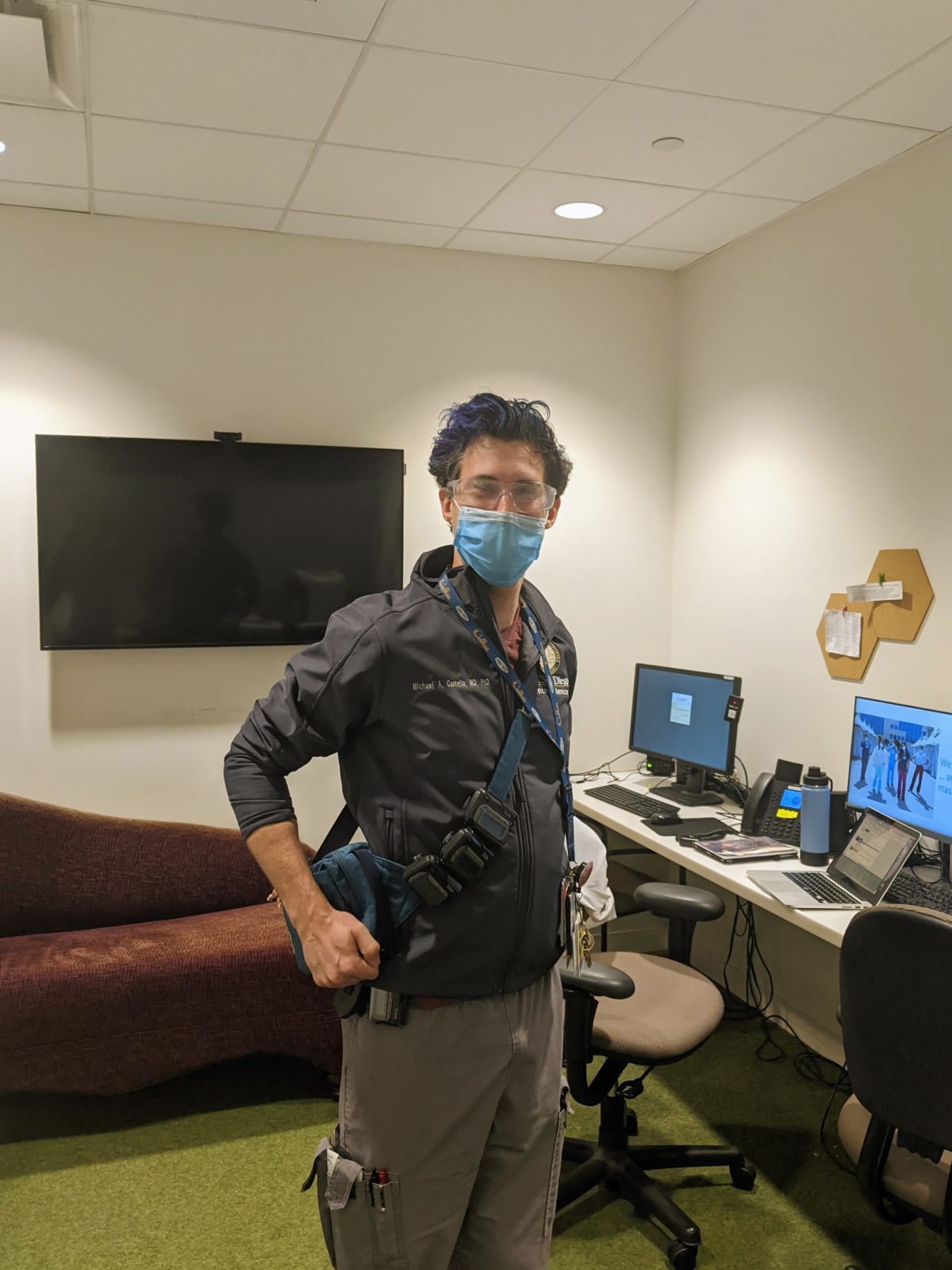Growing up, I remember complaining about how there were “not enough hours in the day” to accomplish everything I wanted. Little did I know, I was perched atop a relative abundance of time compared to my future self. When faced with a similar limitation, Residency solved this problem for itself with the 28-hour shift.
It’s billed as a 24: arrive in the morning, work through the regular day, work overnight, and leave the following morning. However, things never finish on time and in many cases we need to round with the day team on our overnight admissions. After that we’re considered “post-call,” which means we have 20–24 hours to ourselves before returning to work.
Unlike daytime, our night shifts offer the tantalizing prospect of sleep if things are slow enough. If not, the post-call period involves deciding whether to sleep until the alarm rings in the morning, or to salvage the remaining day with some combination of naps and caffeine.
Why 28 hours? That’s the specific ACGME* restriction on how many consecutive hours we can work, above which we are supposed to fudge the numbers leave the hospital. We are also asked not to exceed 80 hour weeks, a provision assessed as a weekly average over four weeks to allow for overages so long as some weeks are lighter than others. It may come as a surprise that these limitations are quite controversial, decried by both older physicians who survived 36+ hour shifts and residents suffering from Stockholm Syndrome.
Much is made of complaints from hospitalized patients if they “see a different doctor every day.” I would argue that much of that perception is actually due to the nature of team-based care, but some of it is indeed a natural consequence of work limitations. Remember, when you have the same doctor every day, that’s me or one of my colleagues working a twelve-day stretch without a day off, taking what is known as a “Black Weekend” in order to get a “Golden Weekend,” two consecutive days off—or what everyone else simply calls “the weekend.”
- *Accreditation Council for Graduate Medical Education, the collective group that manages residency requirements.


